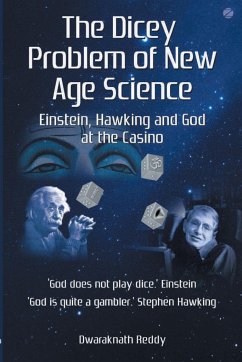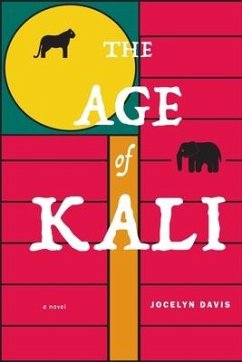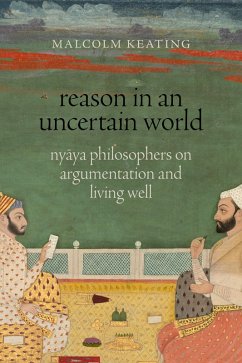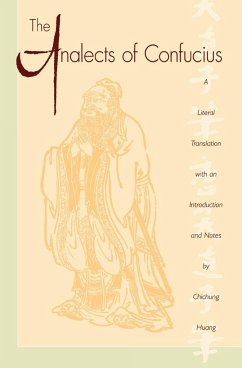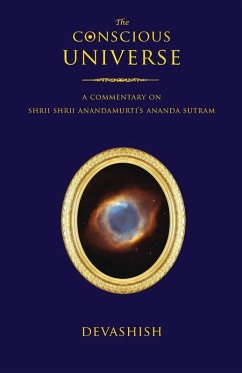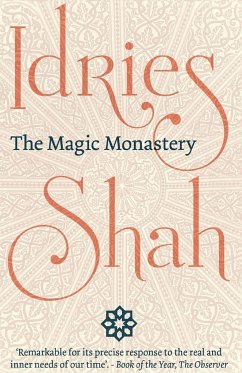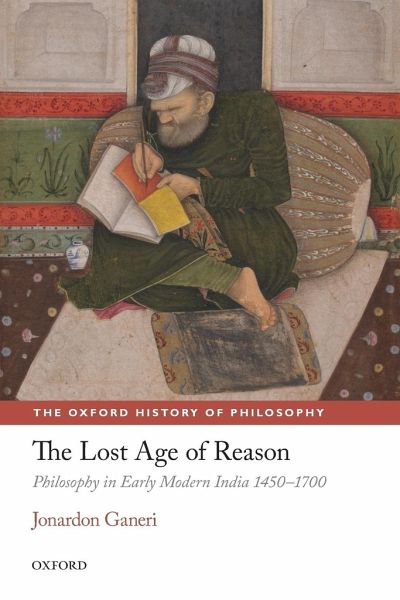
The Lost Age of Reason
Philosophy in Early Modern India 1450-1700
Versandkostenfrei!
Versandfertig in 1-2 Wochen
54,99 €
inkl. MwSt.
Weitere Ausgaben:

PAYBACK Punkte
27 °P sammeln!
Jonardon Ganeri tells the story of a fascinating period in intellectual history, when Indian philosophy moved into the modern era. Philosophers no longer defer to ancient authorities, but draw upon their insights to seek a true understanding of knowledge, self, and reality. This missing chapter in the development of modernity can at last be read.





